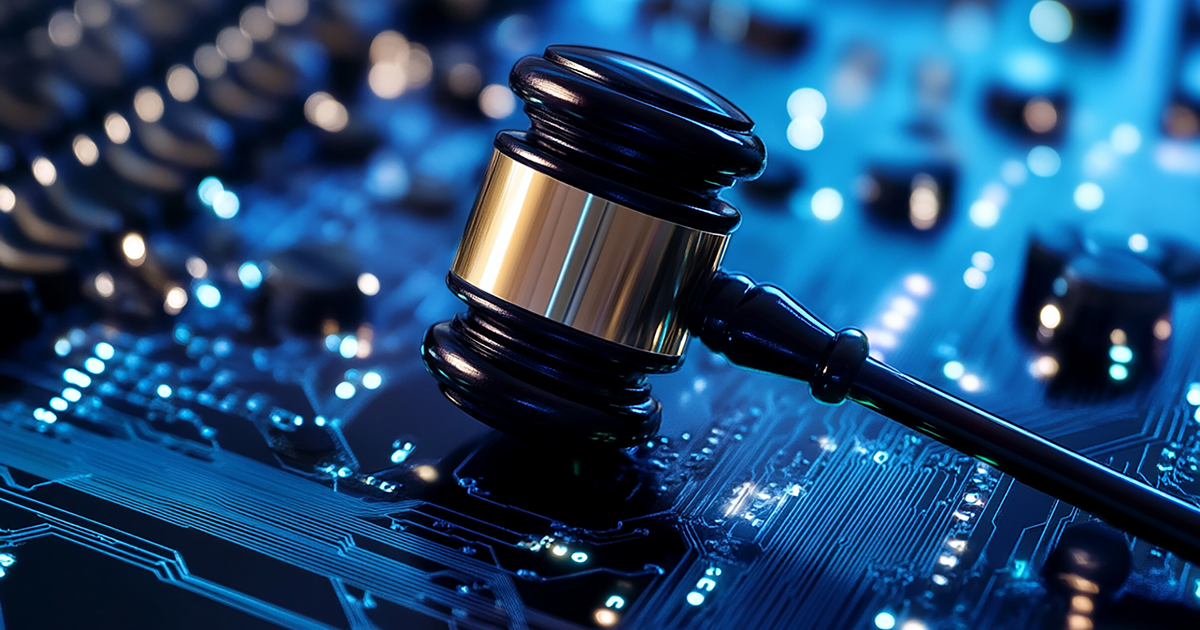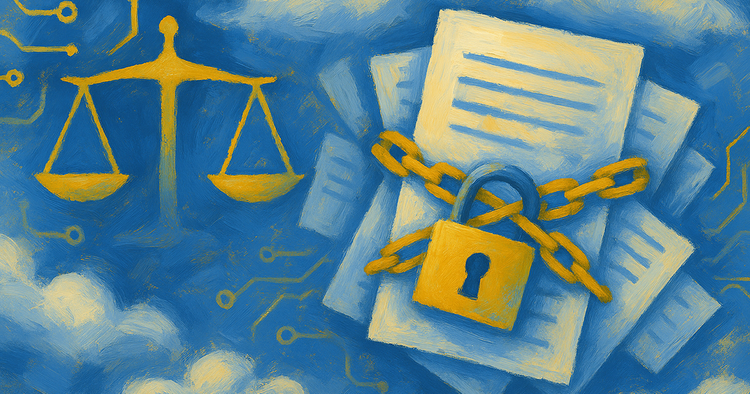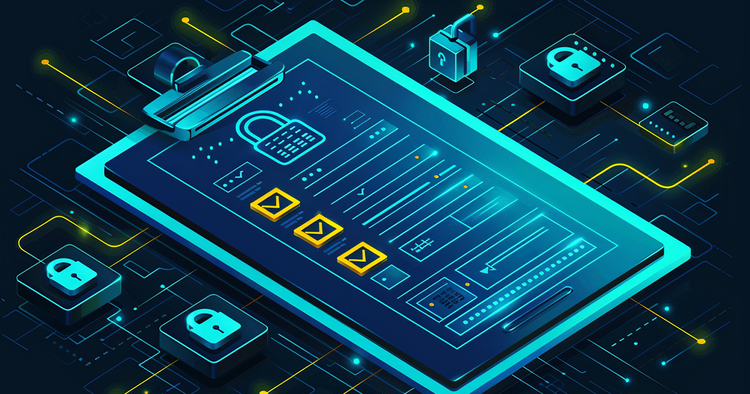Safeguarding Legal Integrity in the Wake of the JAVS Hack: Lessons in Security and Transparency

There has never been a more prudent time for tech companies to enhance their security measures, especially in legal tech. Earlier this spring, Justice AV Solutions (JAVS), a company that provides digital AV recording software to over 10,000 courtrooms worldwide, was hit with a security breach when malicious actors installed a backdoor into the company’s JAVS Viewer 8 software.
According to security firm Rapid7, users who installed JAVS Viewer v8.3.7 were most at risk. “This version,” said researchers at Rapid7, “contains a backdoored installer that allows attackers to gain full control of affected systems.” More alarming is how long it took JAVS to detect and address the breach. Vulnerabilities in version 8.3.7 of JAVS Viewer went undetected as malicious actors quietly accessed systems, harvested data, and expanded their control. For courts and legal professionals, this incident revealed a glaring vulnerability in the technology they relied on daily. As efforts to resolve the breach dragged on, it became evident how ill-prepared much of the industry was to respond swiftly to cyber threats of this scale.
The JAVS hack is far from the first of this kind. A 2023 study found that the legal sector faced a 13% increase in cyberattacks from the previous year, with an average of 1,055 attacks per week. This hack raises valid concerns. Should organizations that work with sensitive data continue utilizing locally installed software? In 93% of test cases performed by Positive Technologies, attackers were able to gain access to companies’ local networks.
Data security is crucial for nearly every industry today but is especially significant in legal work. What happened to JAVS is a sobering reminder of how urgently legal tech companies need to protect their systems. The JAVS breach exposed how fragile digital security can be—and why proactive, rigorous security measures are essential for every legal tech provider today.
The Risks of Compromised Tech in Legal Settings
Courtrooms run on trust. The stakes are high, and the slightest compromise can ripple out in ways that alter lives and shape public perception. But what happens when the technology meant to secure truth and record proceedings becomes vulnerable? The JAVS hack offers a stark warning: a vulnerability in software that touches over 10,000 courtrooms worldwide is more than a technical glitch—it’s a potential threat to justice itself.
A backdoor isn’t just a few lines of code; it’s a crack in the foundation of case integrity. Sensitive data and evidence, which must be preserved in their original state, suddenly stand at risk of tampering or unauthorized access. For courtrooms, where accuracy is paramount and every piece of information matters, even a minor breach can cast doubt over an entire case. When attackers gain control, as with the backdoored JAVS Viewer 8.3.7, they can harvest passwords, gather personal data, and potentially manipulate recordings, making it nearly impossible to know if case records are accurate or complete.
Security experts at Rapid7 exposed the potential harm, noting that the backdoor allowed attackers “full control of affected systems.” This level of access in a legal environment is deeply unsettling, undermining the security of individual cases and the very reliability of the legal system itself. A courtroom’s credibility rests on its integrity, and with the rise in such attacks, protecting this pillar has become more critical—and more challenging—than ever.
Consequences of Cybersecurity Failures in Legal Tech
When the security of legal tech is compromised, the entire industry suffers. Many legal professionals—from judges to court reporters—have begun to rely on AI-powered tools and other legal tech to assist with everything from eDiscovery to legal proceedings. When cybersecurity defenses fail or are nonexistent, the legal system’s very foundation is shaken. Courtrooms rely on an implicit promise of confidentiality and accuracy; when these are jeopardized, so is the public’s trust in legal outcomes. It’s not just a technical breach; it’s a breach of faith. And with legal professionals increasingly relying on AI-driven tools, the stakes have never been higher.
Consider the ripple effects. A single hacked system could cast doubt on countless cases, sparking appeals or even mistrials. Once data is in question, legal processes become vulnerable to accusations of bias or tampering—claims that can upend decisions and damage reputations. Without robust cybersecurity, every layer of the legal process could be left exposed.
Broken trust isn’t the only repercussion of failed cybersecurity. Security breaches can be costly; the average cost of data breaches for all industries was $4.5 million as of 2023. By ensuring that the legal tech they use is as secure as possible, legal professionals minimize the risk of costly liability and help protect the integrity of the industry as a whole.
Prevail approaches these challenges with a commitment to rigorous, proactive security. As the first testimony management platform to secure ISO 27001 and SOC 2 Type 2 certifications, Prevail ensures that every case handled through our cloud-based platform is protected with industry-leading standards. By embedding security at every stage, Prevail fortifies data and the trust that legal professionals and the public have in the system.
Communication in Cybersecurity Incidents
Transparency and clear communication are essential when cybersecurity incidents strike, especially in legal tech. When companies fail to communicate effectively, they risk leaving clients, legal professionals, and the public in the dark, deepening distrust. For example, the lack of immediate transparency in cases like the JAVS hack highlights how delayed communication can raise even more concerns.
To avoid these pitfalls, the FTC recommends key best practices for breach response. Affected legal tech companies should:
- Notify affected parties promptly to minimize risks and enable timely action.
- Provide clear, actionable steps to help users mitigate potential damage.
- Maintain open communication channels for updates as more information becomes available.
Effective cybersecurity isn’t just about preventing attacks but managing them responsibly when they occur. Organizations can protect their reputations and clients’ sensitive information with proactive communication.
Learning from the JAVS Hack: Protecting Legal Integrity
The JAVS hack offers an unmistakable reminder: robust cybersecurity is no longer optional for legal tech. It’s a fundamental safeguard that protects data, reputations, and—ultimately—justice itself. Legal tech companies must keep security measures tight, prioritizing regular audits, frequent software updates, and a proactive approach to incident management. In this high-stakes arena, any lapse can cascade, causing widespread doubt and damage. Integrity and transparency aren’t just ideals; they’re practical necessities for a system rooted in trust.




